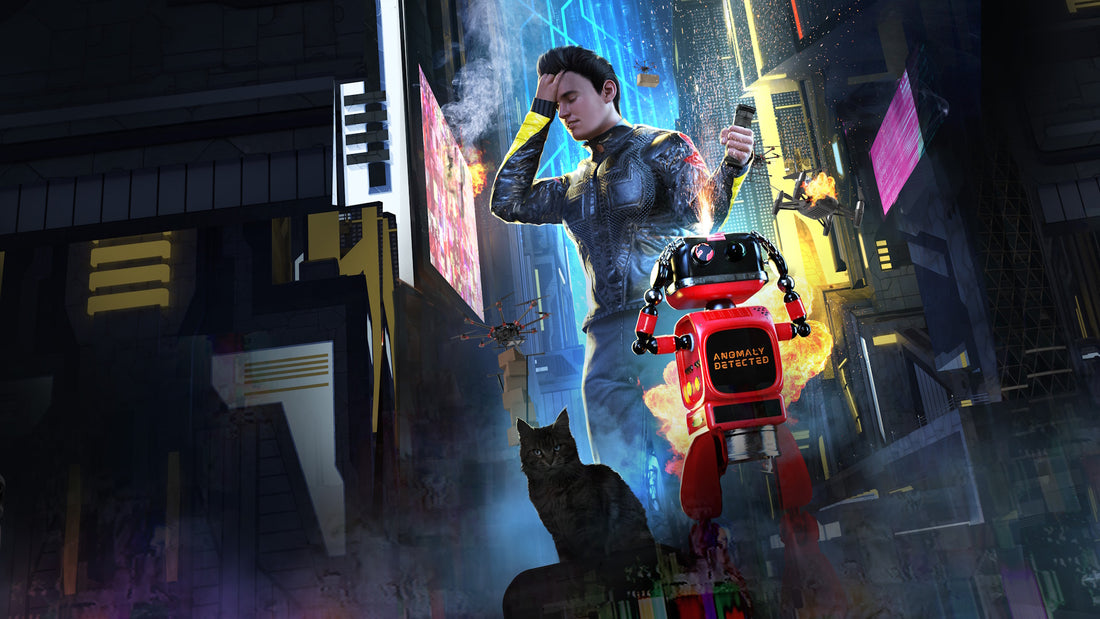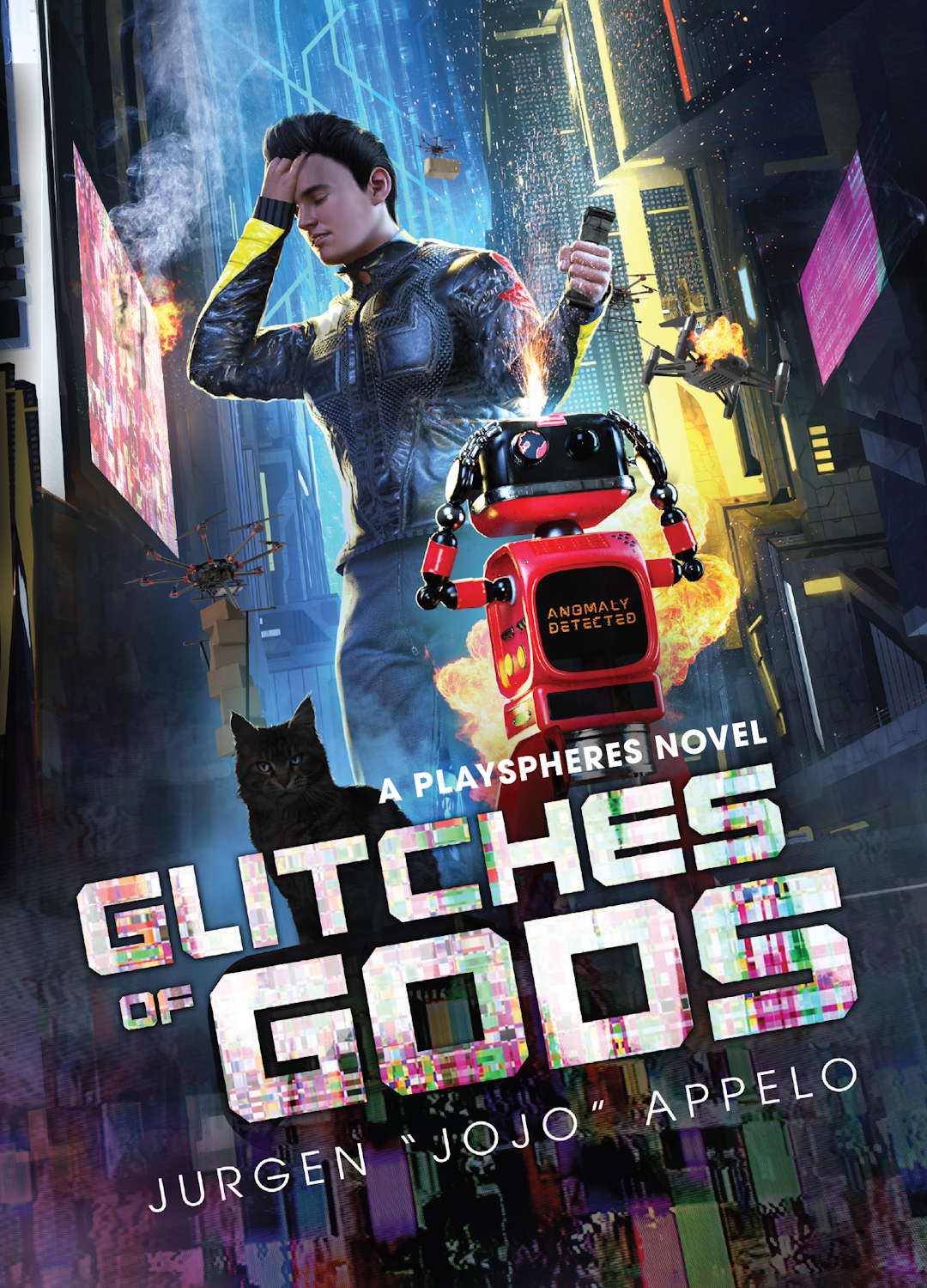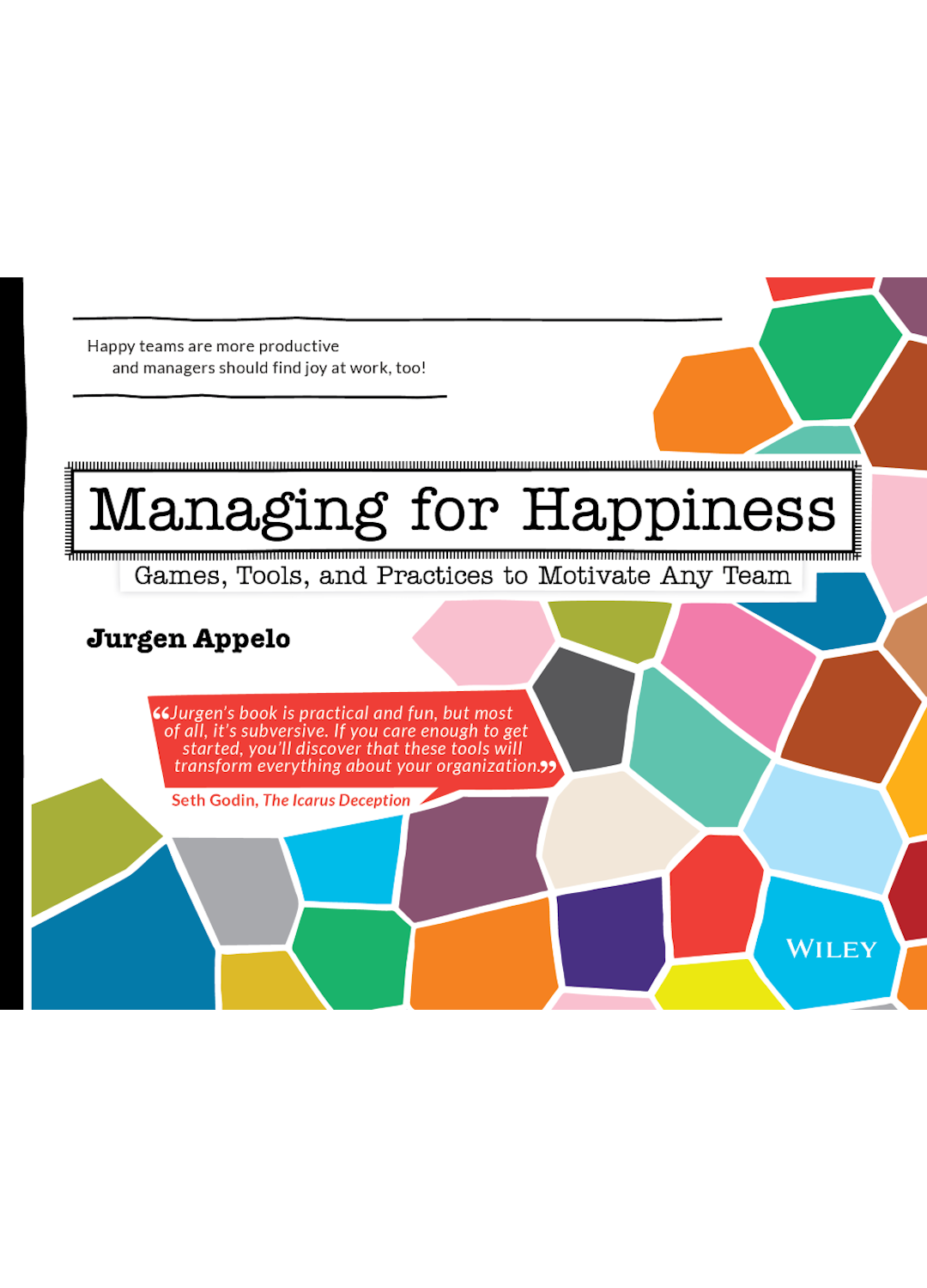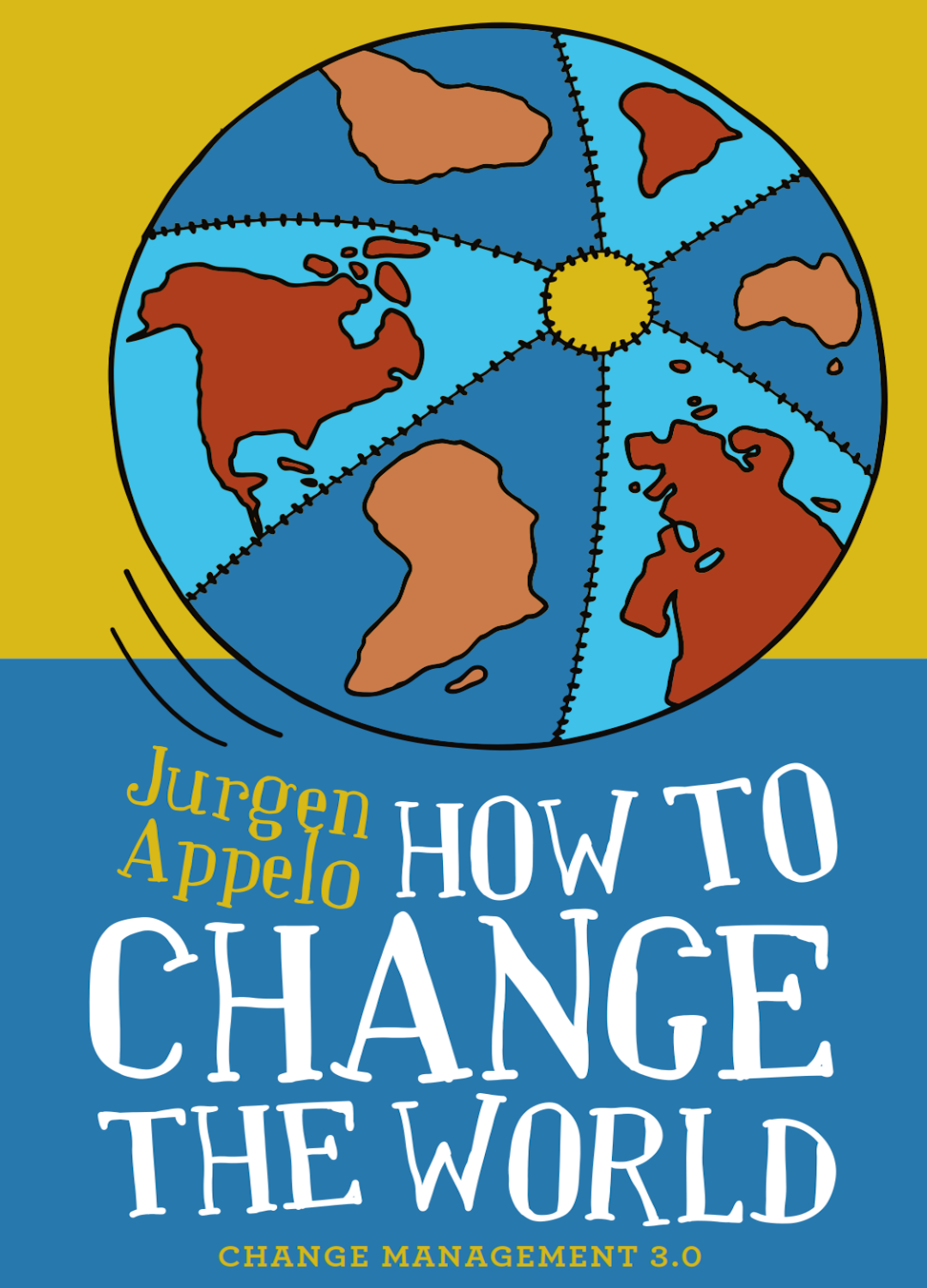It was the year 2001. Most people were still blissfully unaware of “Game of Thrones.” I remember diving into that epic and immediately feeling like I was drowning in a sea of names. By page seventy, I was so bewildered that I started over, this time creating a character list by hand to ease my confusion. A little later, I discovered the family trees at the back of the book. Handy! 😅
Anyway, I never thought there were “too many characters.” George R.R. Martin had earned his stars; I trusted he knew his craft and only wanted the best for me, his reader.
Fast-forward two decades, and some folks say I introduced too many characters in the first chapter of my debut novel, Glitches of Gods.
When I was part of a reading group, a fellow writer told me, “There are too many characters in the first chapter. Space them out, or your readers will be lost.” I disagreed, and later, I left the group, unimpressed by the feedback and the quality of the others’ writing.
Later, one of my development editors echoed the same sentiment: “Don’t overload the first chapters with characters; move some to later.” She was the same person who suggested axing one character who is now the apparent favorite among my readers. I was right to stick to my guns because I knew what I was doing.
Then, I published my book, and early reviews started to trickle in. “I’d like to get to know each character more slowly,” one of the reviews said. Sure, okay. But other reviewers praised the “richness of characters” and the “excellent pacing.” So, who is right and who is wrong?
I shrug off these criticisms for five good reasons:
First, my novel’s theme is dealing with change. When I was seven and switched schools, I had to meet twenty-five new classmates in a single day. Nobody eased me in. I was just a small boy, but I dealt with it. Likewise, I’ve faced new teams, jobs, and cities full of new faces without anyone’s hand-holding. I bet my readers can handle a new cast of characters, too.
Second, to portray an average day in my protagonist’s life, I had to show his conflicts with his entire team, not just a few members. The first chapter needed to set the stage for the protagonist’s central conflict. If the hero is butting heads with everyone in a single day, I better show the reader everyone on the first day.
Third, my debut is the kickoff to an epic science fantasy saga. I’m building a multiverse with zany characters and complex plotlines. Overwhelming readers (a little bit) at the start sets the tone for the grand adventure ahead, just like Game of Thrones did for me. Any complex environment is overwhelming on first entry—that’s the point. My first days in Tokyo were mind-blowing. It was the whole reason for going there. If I had wanted something less riveting, I would have gone to Ottawa.
Fourth, a few critical voices don’t speak for everyone. The silent majority of readers might actually love the way things are. Judging by the early reviews, I’d say I found a good pace and balance. Assuming a normal distribution of opinions, some people prefer faster while others prefer slower. Some prefer simpler plots; others want them to be even more complex. There is no need for an author to act on all signals. Some of it is just random noise across the wide distribution of opinions.
Fifth, as an author, you write the book you’d love to read. Not everyone will agree with your choices, and that’s okay. You can’t please everyone. What matters is that you’re proud of what you’ve delivered. I believe I have reason to be proud.
So yes, my novel’s opening chapters have fifteen to twenty characters introduced over a few days. What do you think? Is that “too many” for a book of 550 pages? It’s still less than the twenty-five kids I had to meet in a single day when I was seven. But I sucked it up back then. And I’m confident my readers can, too.
You got this! 💪🏻















